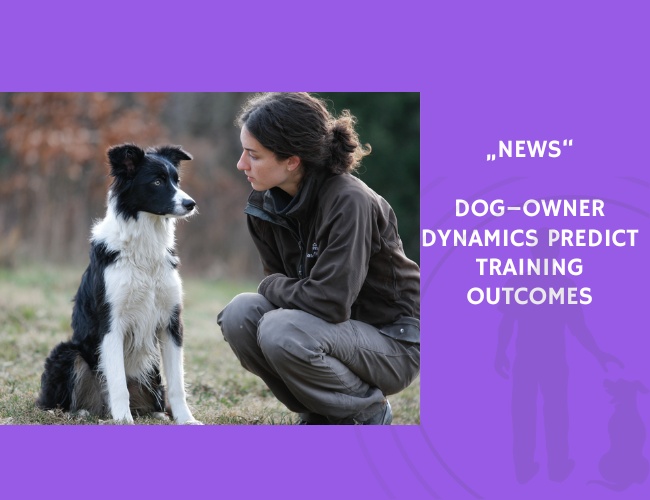Training a dog is often seen as a reflection of the dog’s intelligence or temperament—but **new findings from researchers at the University of Oregon suggest the owner may play an equally important role**. Published in Animal Cognition, the study examined predictors of success in the American Kennel Club’s Canine Good Citizen (CGC) training program using surveys and behavioral assessments conducted before formal training began.
Among the key insights: **dog traits such as disobedience were significantly related to training outcomes**, whereas age, sex, and neuter status had no predictive value. More importantly, the **owner’s cognitive abilities emerged as a strong predictor** of whether their dog would pass the CGC evaluation.
Beyond individual traits, the study emphasized the importance of **dog–owner interaction**, finding that **time spent actively training together improved success rates**. These results point toward a dynamic model of dog training success, where compatibility, mutual effort, and owner awareness are central factors.
The authors suggest that **customized training approaches** that consider both canine behavior and owner traits could improve outcomes, especially for dogs with behavior challenges. This research provides a foundation for developing more effective, individualized training programs and highlights the need to educate not only dogs—but their human partners as well.
Source: J. Stevens, L. M. Wolff, M. Bosworth, J. Morstad. Published in Animal Cognition, Volume 24, Pages 219–230, on January 10, 2021.










